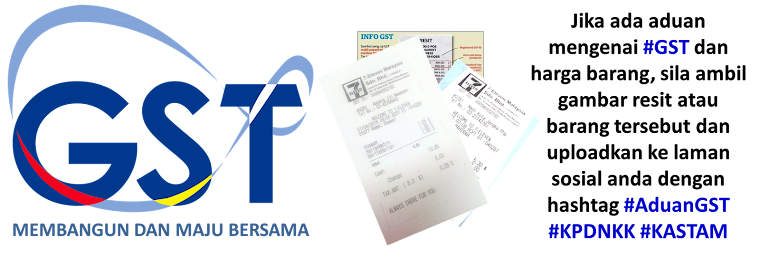Published: Tuesday October 29, 2013 MYT 12:00:00 AM
Updated: Tuesday October 29, 2013 MYT 3:49:42 PM
BY NIGEL EDGAR
 |
| GST assurance: Idris presenting his papers during Capam 2013 in Kuching. |
KUCHING: The introduction of the Goods and Services Tax (GST) will not burden middle income earners as claimed by certain quarters.
Minister in the Prime Minister’s Department Datuk Idris Jala said some basic items would be exempted from the GST and at the same time the Sales and Services Tax (SST) would be abolished, thus making some of the items affordable.
He said the GST would enable the government to broaden its tax base, and at the same time individual and corporate tax rates would be lowered slightly.
“Many basic necessities like food would be exempted from the GST. Items like rice, poultry, fish, onions and such would not be taxed. In fact we will remove the current SST.
“Come April 2015 when we implement it (GST), there will be no GST for some basic items,” he explained to reporters after presenting his papers at the Commonwealth Association for Public Administration and Management (Capam) regional forum at Pullman Hotel here yesterday.
Regarding the Budget 2014, Idris — who is chief executive officer of the Government’s Performance Management and Delivery Unit (Pemandu) — said it would strengthen the country’s economy and reduce the fiscal deficit from 4% this year to 3.5% next year.
“There are several very good aspects of it. To reduce our deficit so we can continue to grow our economy, we introduce the GST to broaden the tax base. By the way there are about 160 countries that have already implemented the GST, and Malaysia is one of the new ones. But we are taking our time to make sure it gets implemented properly.
“Prime Minister Datuk Seri Najib Tun Razak said the budget was about fulfilling promises. So quite a number of things that the Government promised were contained in the budget.
“Increasing the BR1M’s quantum was one of them. A slight reduction in personal and corporate taxes, I think, is a welcomed move,” he said.
Idris was also asked about the big increase in allocation for the Prime Minister’s Department from RM13.721bil this year to RM16.45bil for next year.
He explained that the huge sum was important as the department’s Economic Planning Unit (EPU) was to coordinate the country.
“EPU is a very big unit that helps to coordinate the whole country. So all the capital expenditure (Capex) for the whole country come via EPU.
“EPU is a very big organisation that captures all the capital expenditure for the whole country. So that means if you want to grow the economy, you will need some allocation,” said Idris.
Earlier when presenting his papers during Capam, Idris summarised six reasons why the Government Transformation Plan (GTP) and the Economic Transformation Plan (ETP) had worked for the country.
He said the implementation of the GTP and ETP had strong commitment from the top leadership to achieve “impossible targets” to drive the transformations.
“GTP and ETP are not plans. They are programmes which are crucial for the Government to be able to implement development plans. GTP and ETP are anchored on Key Performance Indexes (KPIs). They are also implemented in consultation with the public through labs and open days.
“Lastly, there are weekly monitoring reports and assessments on the Ministers on their smart mobile devices which would push them to do better,” said Idris.


No comments:
Post a Comment